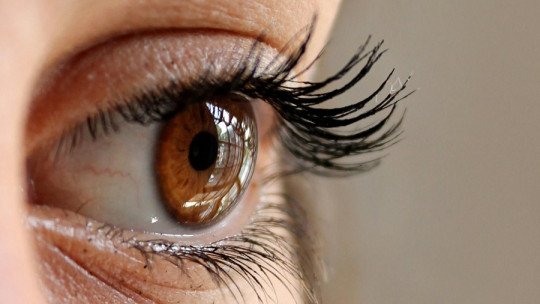Fasten your seatbelt and we’ll take a trip inside. Today we will talk the Law of the Mirror, a tool widely used by professionals and fans in the world of personal growth and emotional well-being. Do you know her?
Understanding the Law of the Mirror can help you know yourself better and choose better. Not only will it help you have much more compassion for yourself and others, but it will also help you choose better who you surround yourself with and make wiser decisions, in harmony with who you are and who you want to be. In the following lines we will tell you what you need to know.
What is the Law of the Mirror?
Among the different approaches that explore the labyrinths of the mind and human behavior, the Law of the Mirror, created by Japanese author Yoshinori Noguchi, stands out as a valuable tool for self-discovery and personal change.
This law invites us to reflect on the close relationship between our internal and external world. Noguchi suggests that The people and situations around us act like mirrors, clearly reflecting our thoughts, emotions and beliefs, both positive and negative.
The Law of the Mirror confronts us with the reality that what bothers us or what we would like to change in others is actually present in our own being. This would mean that the traits that we identify as faults or blameworthy behaviors in others are actually a reflection of our own shadows or aspects that remain to be resolved.
This hypothesis invites us to embark on a journey of self-analysis, to reflect on reality and discover the close relationship between our inner self and the environment that surrounds us.
Know the principles of the Law of the Mirror
1. First principle: A reflection from within
According to the first principle of the Law of the Mirror we are reminded that what causes us discomfort or that we wish to change in others has its origin in our own person. That is, the characteristics that make us uncomfortable or irritate in others are a reflection of internal aspects that we have not yet faced or accepted in our own being.
The second principle is an invitation to review those emotions that arise when receiving the opinions or comments of others. If what they tell us has an impact on us, it is because there is a repressed feeling inside us related to that same quality. Or, at least, that’s what the Mirror Law suggests. By recognizing and understanding these hidden emotions, we can begin a process of healing and personal development.
3. Third principle: A look at third-party criticism
The third principle frees us from the weight of external criticism by highlighting that the negative opinions that others have about us do not define or affect our identity or our personal value, but are a reflection of themselves. Seeing it this way, then those comments and criticisms are nothing more than a projection of the other onto you, and have little or nothing to do with you.
4. Fourth principle: Admiration as a reflection
On the other hand, the fourth and final principle reminds us that the qualities we admire in others also live within us. What we are attracted to or inspired by other people reflects our own potential and the virtues we can cultivate in ourselves.
A look from psychology
Although the Law of the Mirror has evolved autonomously and its author was not a psychologist, it cannot be denied that there seems to be a close connection with other psychological currents.
Projection, for example, is a defense mechanism exposed by Sigmund Freud. This is similar to the notion that we tend to attribute our own internal characteristics to others, which is also discussed in this work by Yoshinori Noguchi.
Similarly, humanistic psychology, which places emphasis on personal growth and self-realization, links to the concept of the Law of the Mirror by suggesting that we must work on our internal transformation to improve our quality of life.
A new reflection of our relationships
The people around us, whether it be our family, friends, work colleagues, or strangers with whom we interact, act as guides that direct us toward a better understanding of ourselves.
By observing our interactions with them, We can discover patterns of behavior, recurring emotions, and beliefs that we may not have previously noticed.
If we find ourselves involved in constant conflicts with others, it could be a sign that we harbor feelings of anger, resentment, or communication problems within us. On the contrary, if our relationships are harmonious and full of support, we are likely projecting qualities such as empathy, compassion, and kindness.
The way we connect with our own being constitutes a deeply significant reflection of our essence. If we behave with severity, self-criticism, or lack of love, we may be manifesting those same attitudes in our interactions with others. If, on the contrary, we nurture ourselves with generosity, patience, and acceptance of ourselves, these virtues will also flourish in our relationships.
How to apply the Law of the Mirror in our daily lives
The Law of the Mirror invites us to look beyond appearances and carefully examine what attracts or bothers us in others. What we admire in others, such as intelligence, creativity or a sense of humor, also lives in our being, waiting to be cultivated.
On the contrary, What makes us uncomfortable or irritates us in others, such as arrogance or lack of empathy, can indicate aspects of ourselves that need to be healed or transformed. By understanding that our external environment is a reflection of our internal world, we can:
How will you begin to apply the Law of the Mirror in your life?










